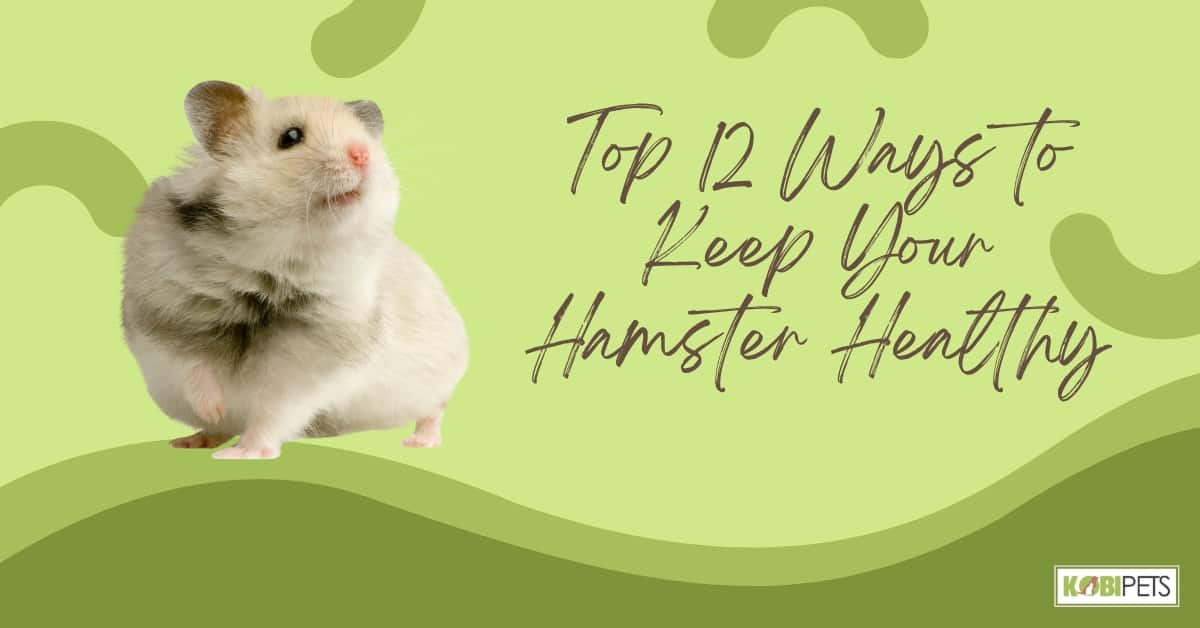
Caring for a hamster can be a wonderful experience, but it is important to remember that your little friend requires special care and attention. From providing them with a healthy diet and clean environment to monitoring their weight and looking out for any signs of illness or injury, there are many ways you can ensure your furry friend remains healthy and happy.
Whether it’s providing a healthy diet, keeping their cage clean, or giving them plenty of exercises, we’ll cover all the basics that you need to know in order to keep your furry friend safe and sound.
1. Provide a Healthy Diet
A healthy diet can be one of the best ways to ensure your hamster remains healthy and happy. To get started, it is important to research the specific nutrition needs of your hamster’s breed, and keep in mind that this may change over time as they grow.
If you are not sure what type of food to feed, a high-quality commercial rodent feed is a great place to start – look for something which contains plenty of fat and protein sources, such as seeds and grains.
Feeding them an occasional fruit or vegetable treat can also be beneficial, although it should only account for a small portion of their daily intake, as most contain higher amounts of sugar than other foods. Also make sure never to give them chocolate, sweets, or avocados as these can all be dangerous for hamsters.
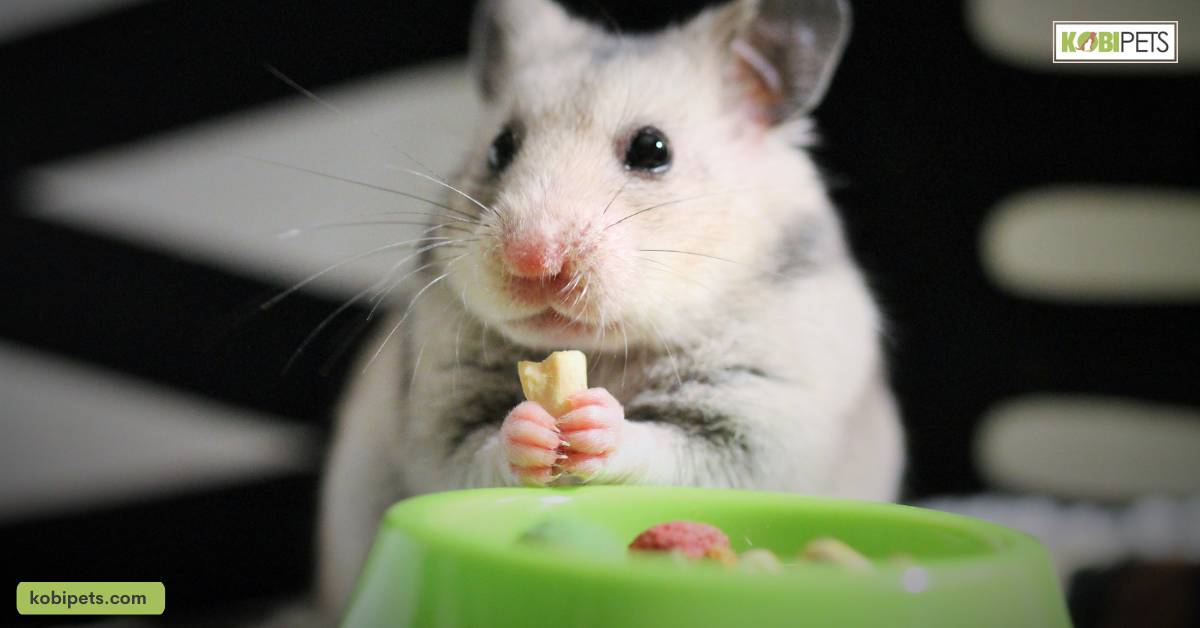
2. Keep the Cage Clean
Hamsters are excellent furry companions, but they require proper care to stay healthy: one key aspect of their care is keeping a clean cage. Not only does a clean cage help prevent illness but it also allows your pet to be comfortable and happy.
A dirty cage can lead to stress and an odorous living environment, which are both harmful to your hamster’s health. It’s best to clean the hamster’s cage at least once a week by removing droppings, bedding, and any other debris that may have accumulated.
Replace the bedding every two weeks, and give your hamster fresh food on a regular basis. If you follow these steps for proper cage maintenance, you will have a healthy and content hamster.
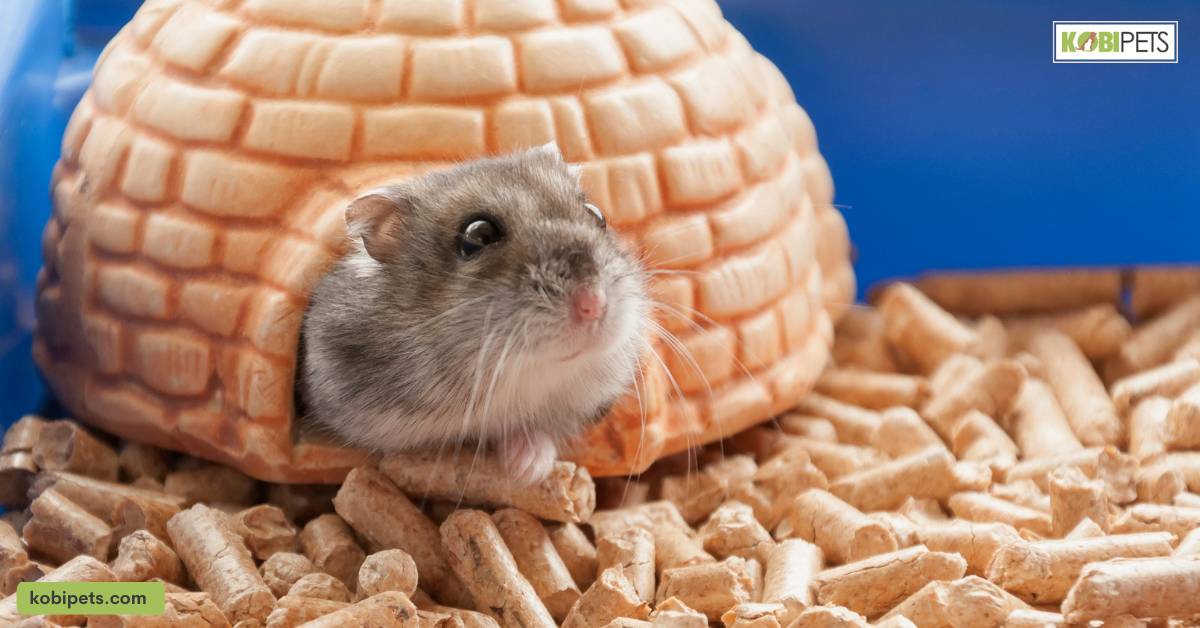
3. Provide Fresh Water at All Times
Ensuring your hamster has access to fresh and clean water is a key factor for its overall health as it helps prevent dehydration, which can lead to an array of medical problems. When giving your pet access to water from a bowl or container, make sure this is regularly cleaned and refilled with fresh water at least one or two times each week.
Additionally, you may wish to consider getting a large water bottle for your little friend since hamsters are more likely to drink from the spout rather than from a bowl. Whether you decide to go with a bottle or a container, just make sure that it is securely placed within their cage and has no potential risks of tipping over.
By providing your special pal with easy access to fresh and clean water, you’ll have done an important step in helping them stay healthy and enjoy life!
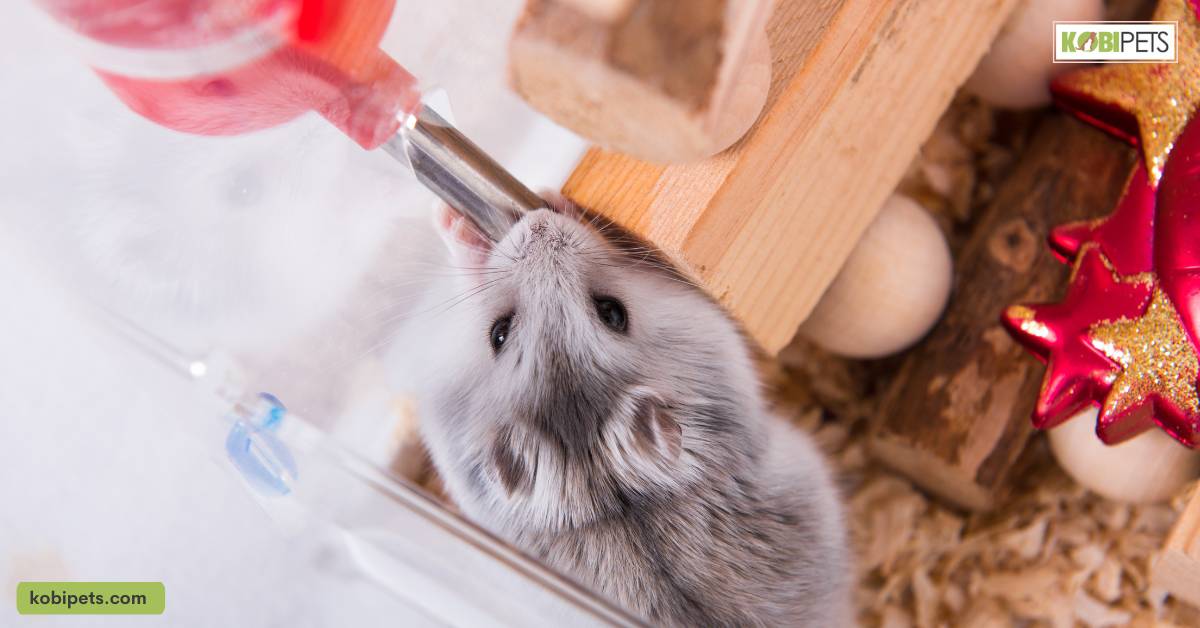
4. Give Your Hamster Plenty of Exercises
Exercise is essential for maintaining good health and well-being in all animals, including hamsters. Provide plenty of space for your hamster to roam and explore. Investing in a larger cage with an exercise wheel will give them more opportunities to get busy and reach their daily activity goals.
Be sure to include toys, dens, mazes, and other interactive elements to encourage movement. Additionally, create a space that allows your hamster to dig or burrow and provides climbing challenges this will stimulate mental activity as well as physical exercise.
Even if your hamster does not use all the space available for exercise or exploration at one time, it will likely look forward to the new environments you create from time to time within its larger habitat. Regular playtime outside of the cage offers great opportunities to socialize with your pet while giving it a chance to really stretch out its legs!
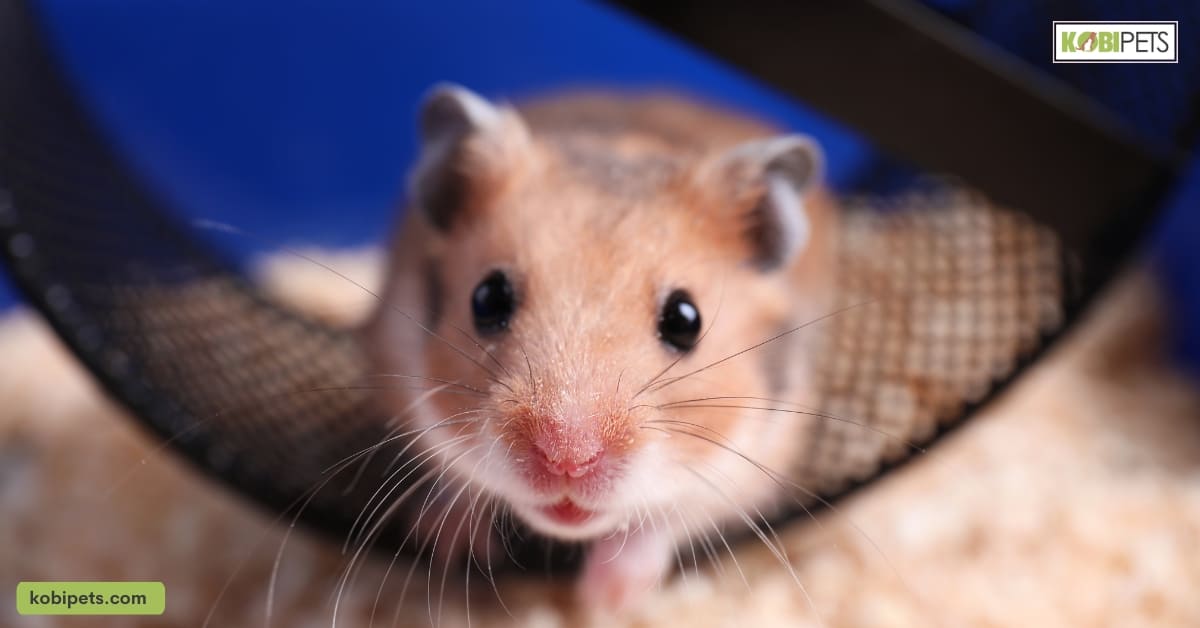
5. Provide a Comfortable Environment
Providing a comfortable living environment is essential to the health of your hamster. Start by ensuring that all their cages, bedding, and toys, are cleaned on a regular basis and kept in the best condition.
Make sure to pick an appropriate cage size for your hamster, as it needs enough space to be able to move around and explore safely. Offer fresh hay and clean food every day, as well as serve fresh fruit and vegetables that they can snack on.
To keep them entertained, you can include some safe chew toys and tunnels for them to explore. Make sure to also take out time each day to socialize with your pet; let them out of their cage for some supervised playtime or provide special treats like sunflower seeds or millet sprays for them to enjoy.
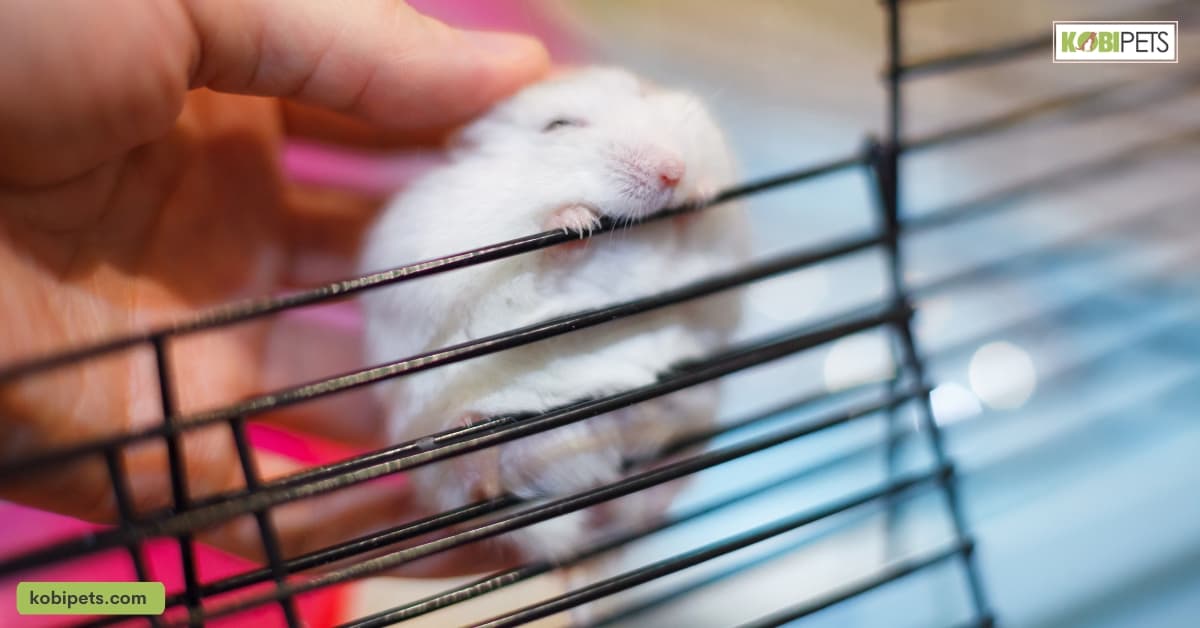
6. Ensure Proper Hygiene
Proper hygiene is essential for keeping your pet hamster healthy and happy. To begin, be sure to handle your hamster with clean hands after washing them thoroughly — it’s also important to keep unfamiliar scents away from your pet.
Additionally, make sure that you change the bedding in their habitat often and keep it as dry and clean as possible — this will reduce the risk of them developing skin problems or other health conditions.
Clean any toys or treats promptly after they come into contact with your pet, as well as regularly clean out their water bowl daily. Lastly, always pay attention to how your animal moves and interacts with its environment; early detection of issues can prevent serious illnesses in the future.
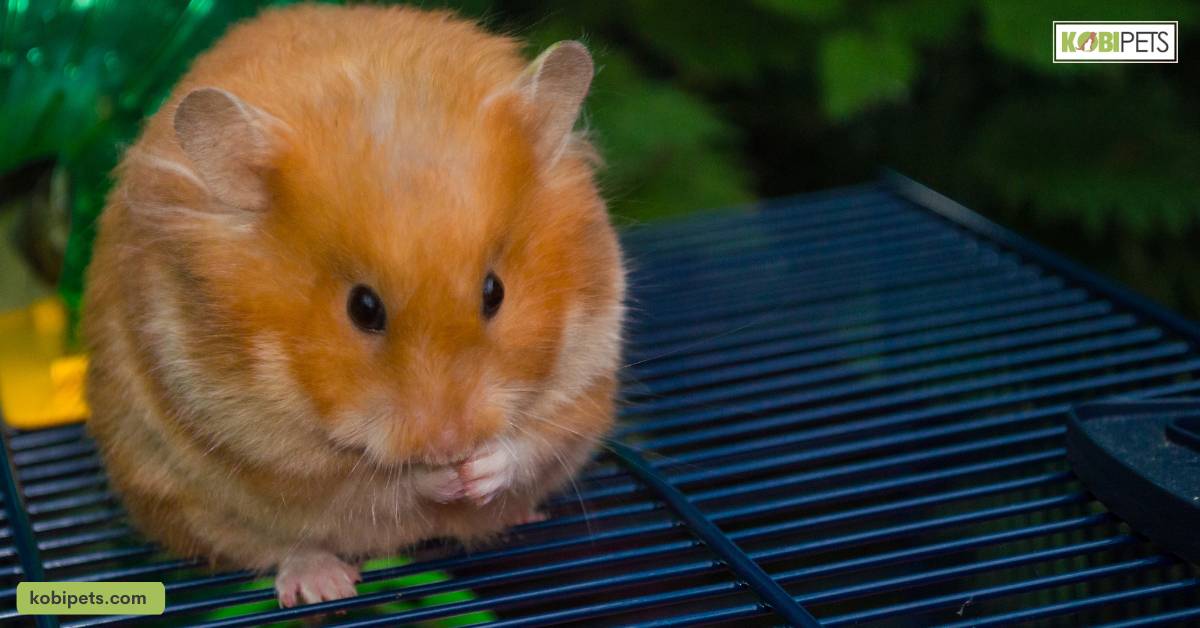
7. Provide a Varied Diet
One of the keys to keeping your hamster happy and healthy is providing a variety of food in its diet. A good diet should include store-bought high-quality pellets, fresh vegetables, and small amounts of fruits.
It’s important to select pellets that closely match the species’ dietary needs and provide them in limited quantities. Additionally, it is beneficial to supplement a hamster’s diet with occasional treats like whole-grain bread, pasta, or cooked rice.
In order to protect your furry friend from any potential health risks, be sure to avoid sugary and fatty foods and also limit the treats you give them. Taking the time to offer your hamster a nutritious and varied diet can go a long way in keeping them healthy for many years.
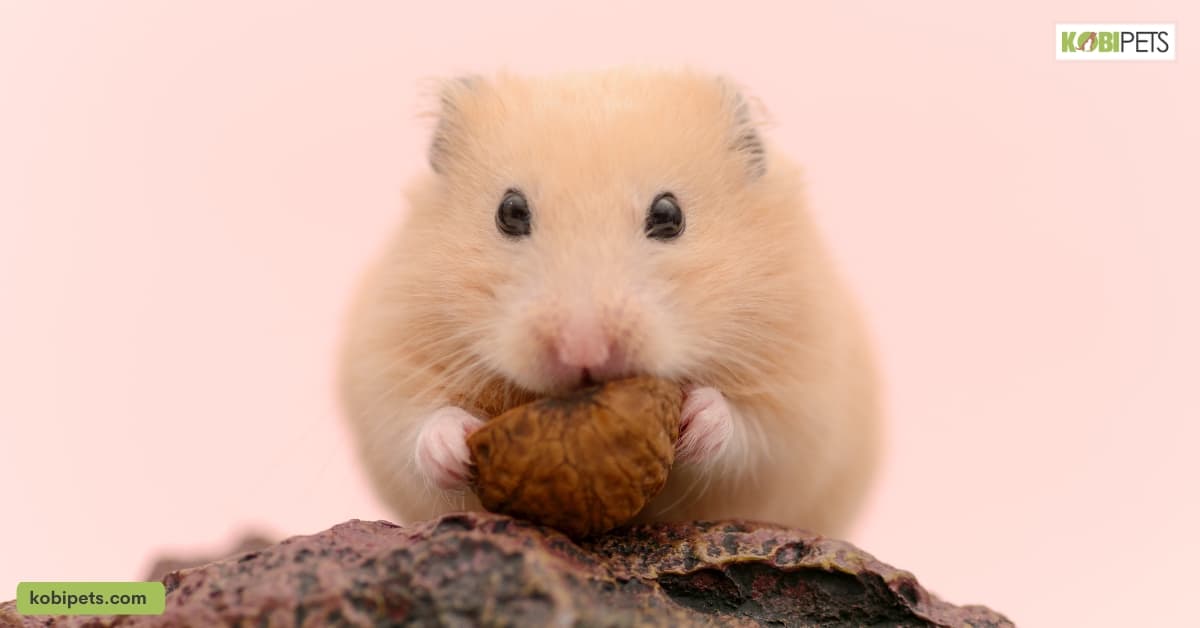
8. Provide a Hiding Place
Keeping your hamster healthy is an important part of responsibly owning a pet. Proper nutrition and daily exercise are essential, but there are other healthier habits you can adopt to ensure your pet’s well-being.
A great place to start is providing your hamster with its own hiding spot. Not only does this offer the animal much-needed safety, but it also provides a personal space for them to retreat from any stressful situations.
If you craft the spot correctly and make sure it has enough food, water, and bedding materials, you will be helping your furry buddy to stay content and protected from harm.
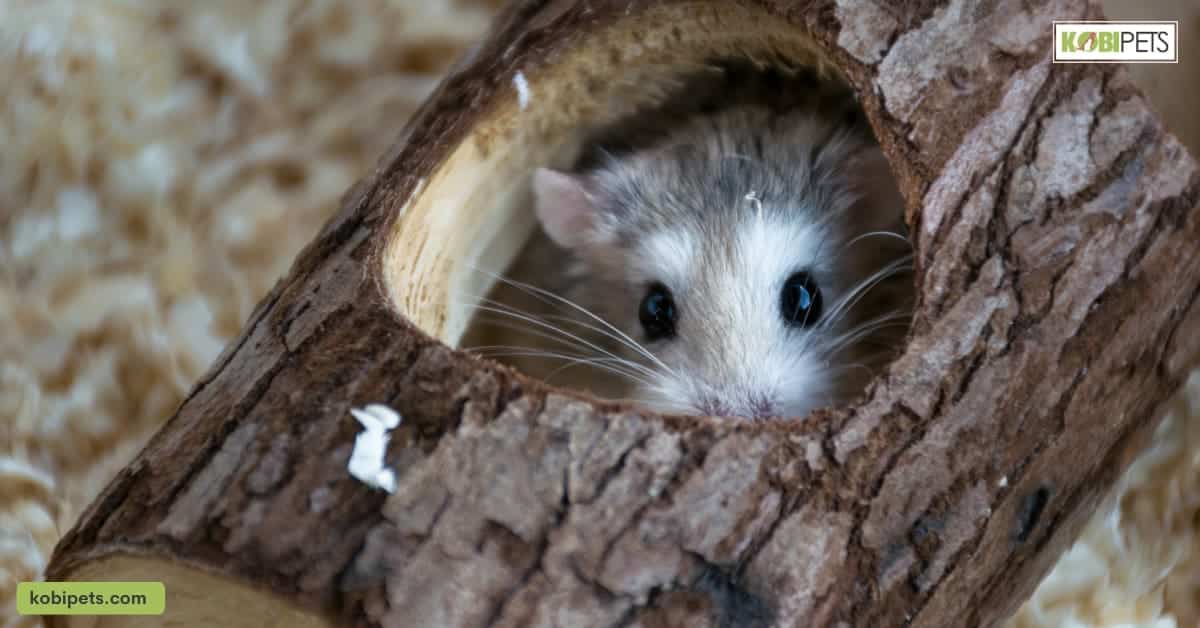
9. Provide Chew Toys
Hamsters are unique and fascinating pets, but they require specific care in order to keep them happy and healthy. One of the most important things you can do is invest in quality chew toys for your hamster.
Chew toys provide much-needed mental stimulation during their playtime, as well as a means of keeping their teeth in check, which is essential for overall health. Toys like wooden blocks, plastic balls, and small tunnels provide great entertainment while also satisfying their need to gnaw on things.
Lastly, rotating different types of chew toys will help ensure your hamster stays interested in playtime without becoming bored with the same items day after day. Providing chew toys is an easy way to keep your furry friend content, healthy, and having fun.

10. Use the Right Bedding Material
Having the right bedding material for your hamster is essential to its health. When you provide your pet with a comfortable environment, they will be able to rest soundly and be less prone to illnesses.
Research thoroughly on what type of bedding materials are non-toxic, absorbent, and dust-free. Paper bedding can help keep the enclosure clean and odorless but be very careful not to opt for the glossy type which can harm your hamster’s eyes or get them stuck while digging.
If you are looking for something with more cushioning capability, then look into using aspen shavings or other softwood shavings. Aspen shavings have been proven safe for hamsters since it does not produce dust that can be an irritant for their respiratory system.
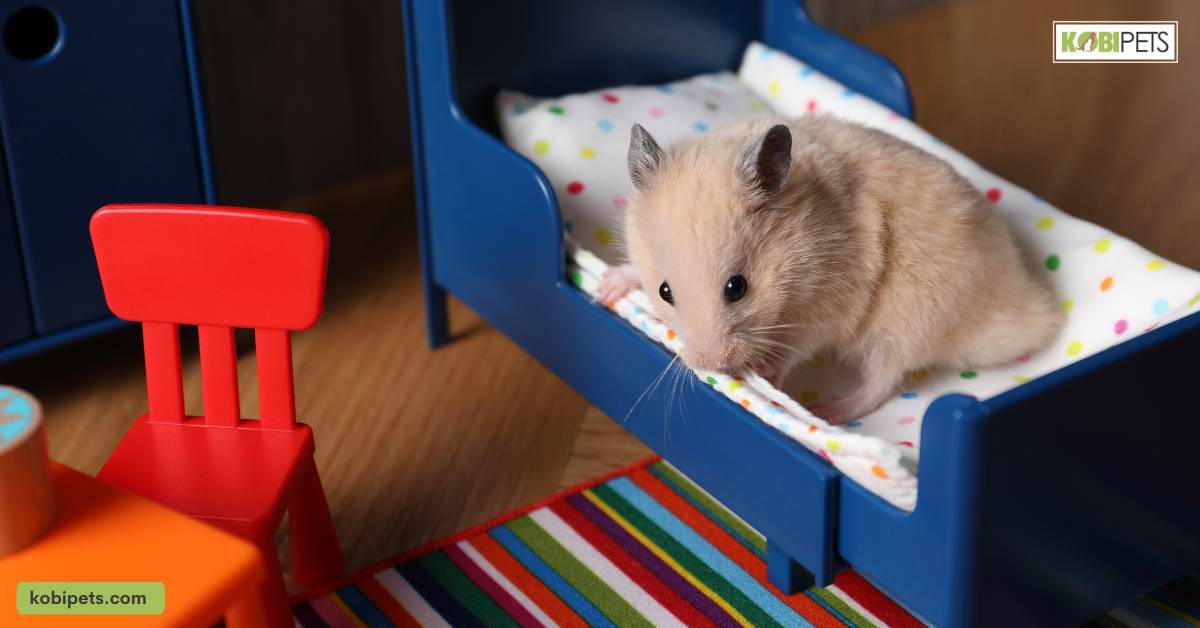
11. Regularly Monitor Your Hamster’s Weight
Keeping your hamster healthy is important for its continued well-being. Regularly monitoring and recording their weight can be an effective way to identify any health issues that might arise and take the necessary steps to prevent them from becoming more serious.
This can include changes in diet, nutrition, physical activity, or changes in the living environment. Small fluctuations are usually normal and should not create a cause for concern, however, any large discrepancies or sudden changes may signal a potential health problem.
If significant protective measures are taken when initially identified, long-term harm can often be avoided or minimized.
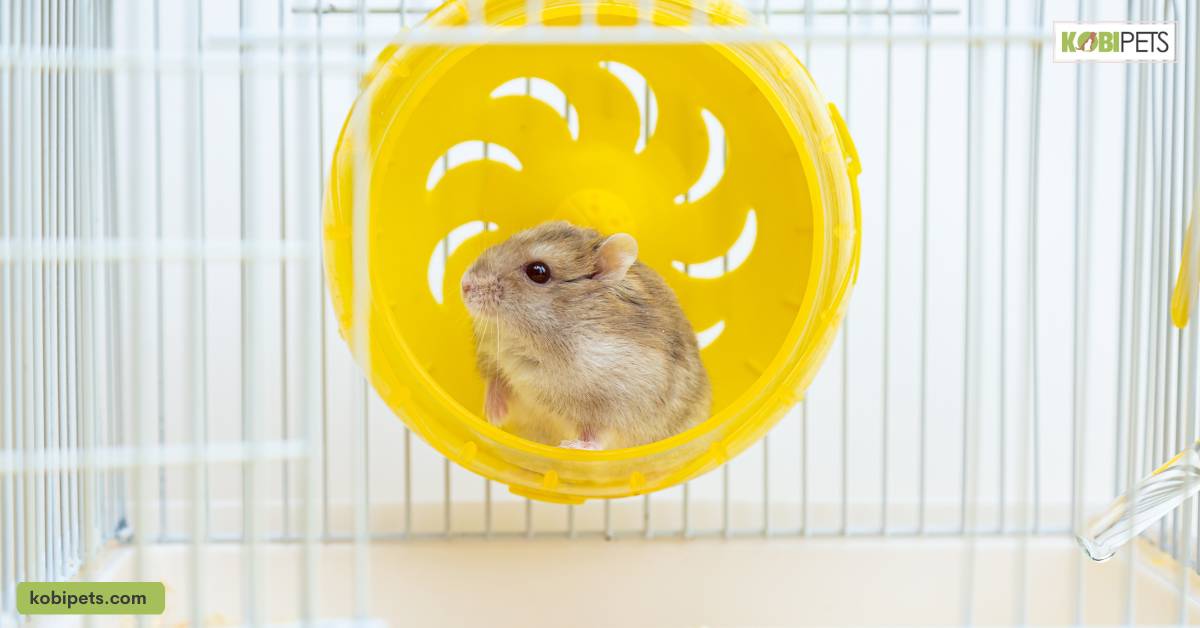
12. Regularly Check for Any Signs of Illness or Injury
Regularly checking for any signs of illness or injury is an important step to keep your hamster healthy. It is essential to monitor your hamster’s behavior, eating habits, and physical appearance daily.
Pay close attention to their activity level and a fur coat; if either seems off, it may indicate a health issue. Additionally, you should clean their cage regularly to ensure a healthy living environment. Finally, talk with a veterinarian whenever you have questions or concerns about the health of your pet.

In Conclusion
Hamsters can be wonderful, furry friends but require dedicated care and attention to keep them healthy. From providing a balanced diet, a comfortable environment, and plenty of exercises to keeping the cage clean and monitoring for any signs of illness or injury – there are many steps you can take in order to ensure your little buddy’s continued health and well-being.






